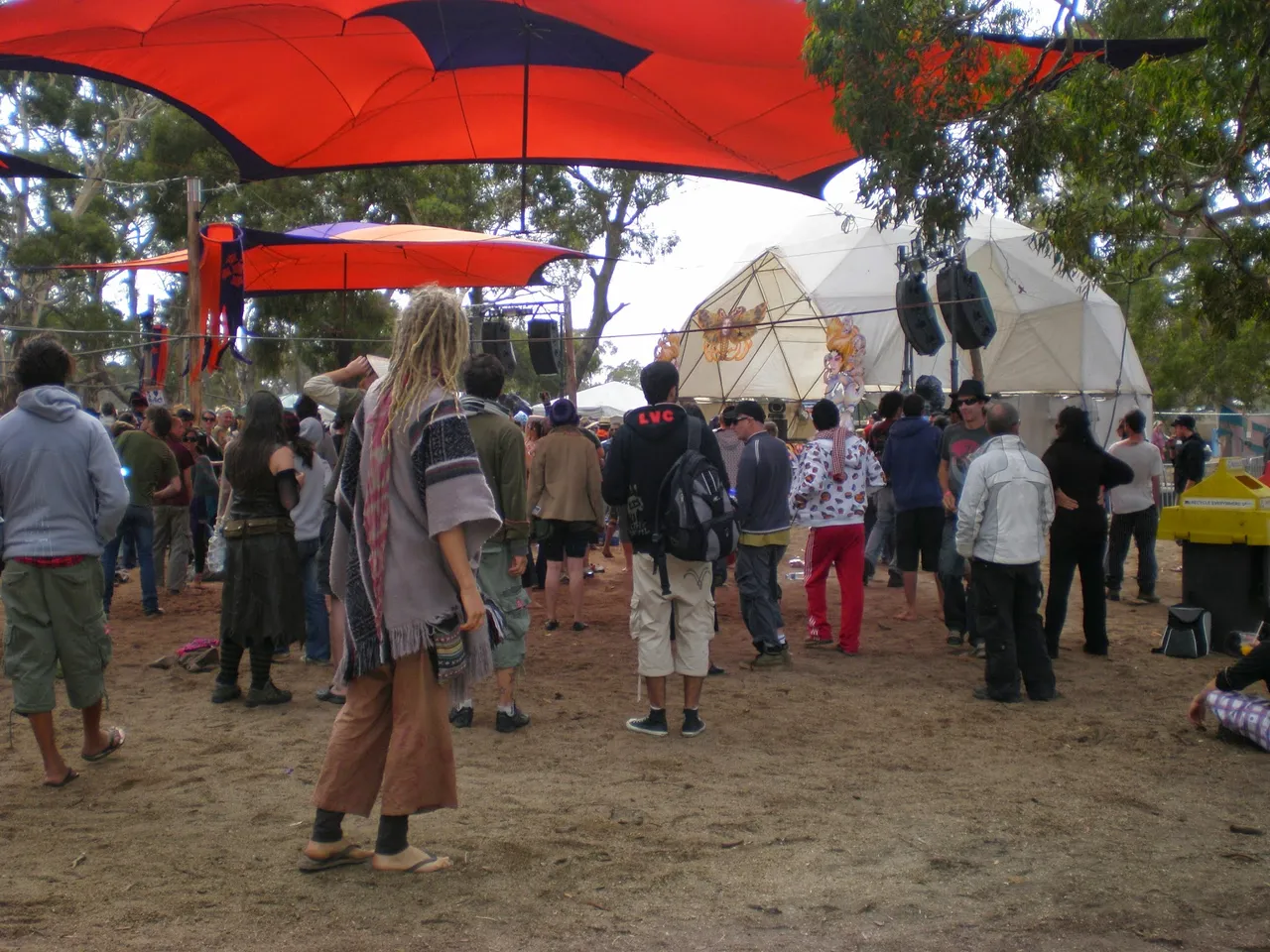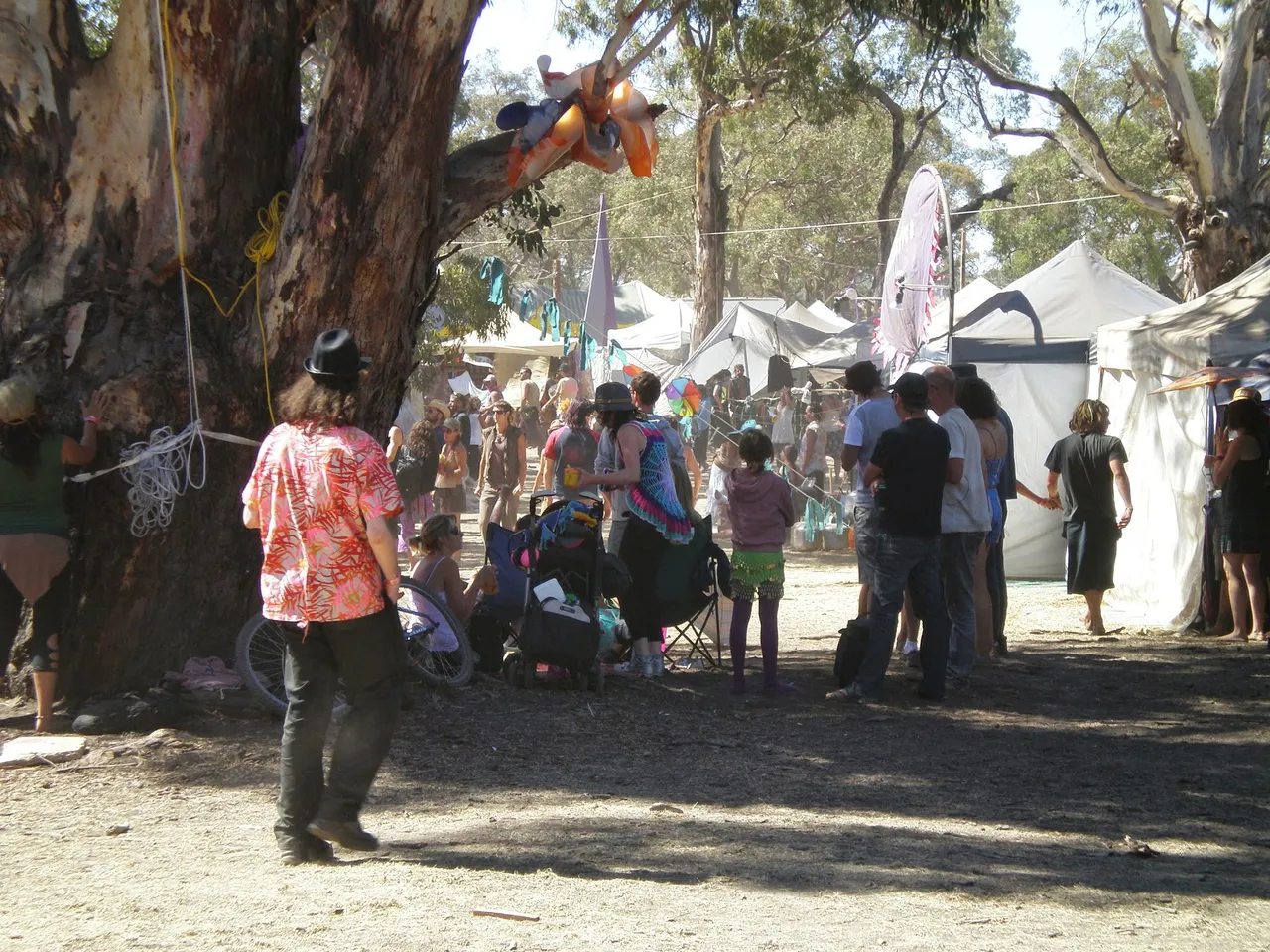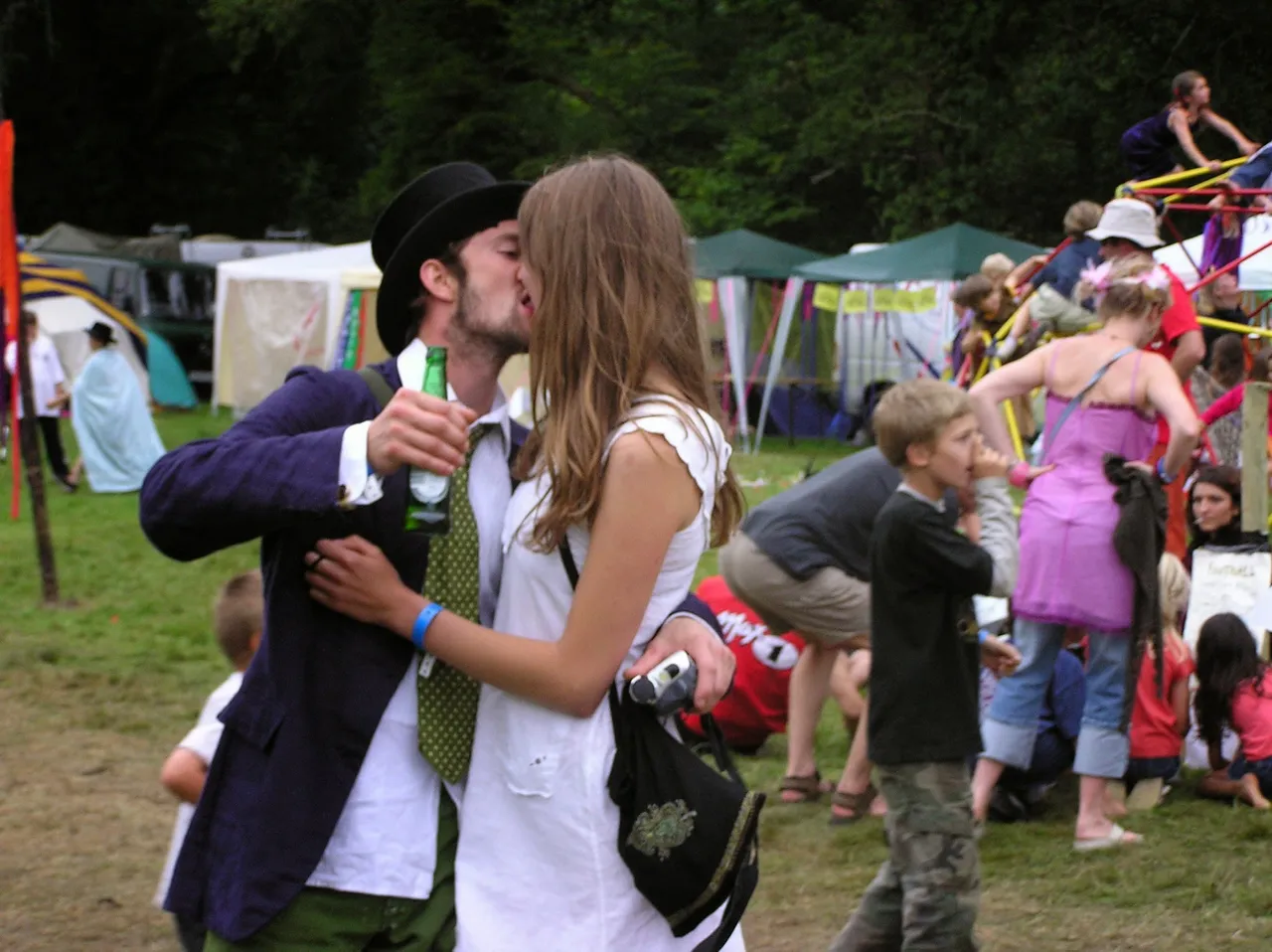My nephew, who’s 19, has spent his gap year working and traveling. He's about to start a degree in environmental studies, but he’s frustrated—he doesn’t really want to go to uni. Like many young people, he’s worried he’ll dislike the program and end up with a large debt if he has to change courses. He’d rather “just go to Canada or something.” If he could start working as a park ranger right now, he would.
“Who knows? It might be fun,” I said, trying to be an encouraging aunt. “At the very least, you’ll meet like-minded people and make new friends.”
He gave a classic Aussie "yeah nah" and shook his head. “No one meets people at uni anymore,” he said. His friends who have already started university mostly study online and work part-time, or they’re older—around 26—and just come in for class and then head back to work. It’s not the social hub it used to be.

This disconnect is part of a larger shift, like what @tarazkp discussed last week about the young man who took his life after discovering his love interest was AI. In a world where our social structures—universities, churches, even the local pub and live music venues—are fading, where do we meet real people to explore relationships and learn about ourselves?
Even the festivals we used to go to aren't as common, and they're hugely expensive. A lot of young people are so incredibly jealous of the live music scene we used to have.
Today, even learning a language is marketed with AI avatars, not real teachers. AI is easier—no confrontation, no risk. But at what cost?
Young people tell us they struggle to meet people face-to-face. When they ask how we met our partners, they seem wistful, saying they don’t know how to talk to strangers. Lockdowns stole the years they should’ve spent socializing, and now, they feel the effects. Screens make it easy to hide behind filters, pause to craft a reply, or pretend to be busy. In-person, making eye contact and being vulnerable is harder. Even parents’ concerns about safety mean kids aren’t getting opportunities to grow and learn through real-world experience.

I surf with younger women who mention how tough it is to meet guys face-to-face. Many of them admit they’re more comfortable texting or commenting on Instagram than holding a real conversation. Some young people don’t go out like we used to in the ‘90s; they’re focused on building careers and saving for homes, so meeting people organically is rare. When I told a friend about meeting my partner at a party, she sighed, “Yeah nah, that doesn’t really happen anymore.”
This isn’t just a generational shift—it’s a cultural one. Even twenty years ago, meeting people face-to-face was the norm. Now, even relationship advice on TikTok can create unrealistic expectations, leaving people feeling they can’t measure up.
This weekend, I learned the term phubbing—ignoring the person next to you in favor of your phone. I’m guilty of it myself, and I catch myself annoyed when my partner does it, too. We remember how things used to be, so we set phone-free boundaries—yet those phones keep sneaking back.

Technology has blurred the lines between real and artificial connections. Podcasts, YouTube voices, even radio hosts might not be real people anymore—just convincing AI. Without real-life interactions to compare, how would we know? And do we even care when screens have raised and comforted us?
Yet, the kids tell us they feel the impact. Despite AI’s ever-growing presence, they would still choose real-life relationships if they could find them.
All of the images here at my own, from various outdoor parties.
#
With Love,

Are you on HIVE yet? Earn for writing! Referral link for FREE account here